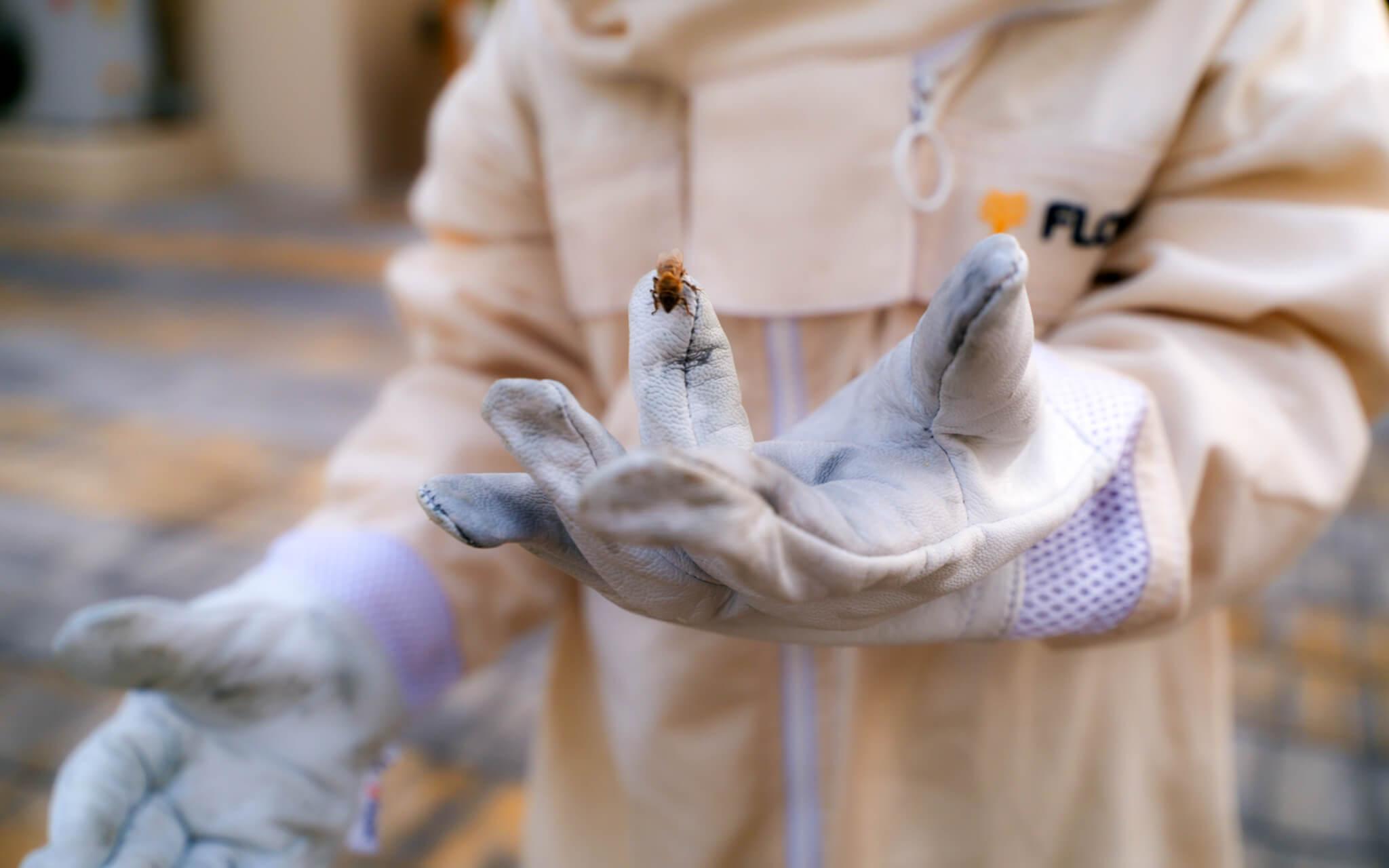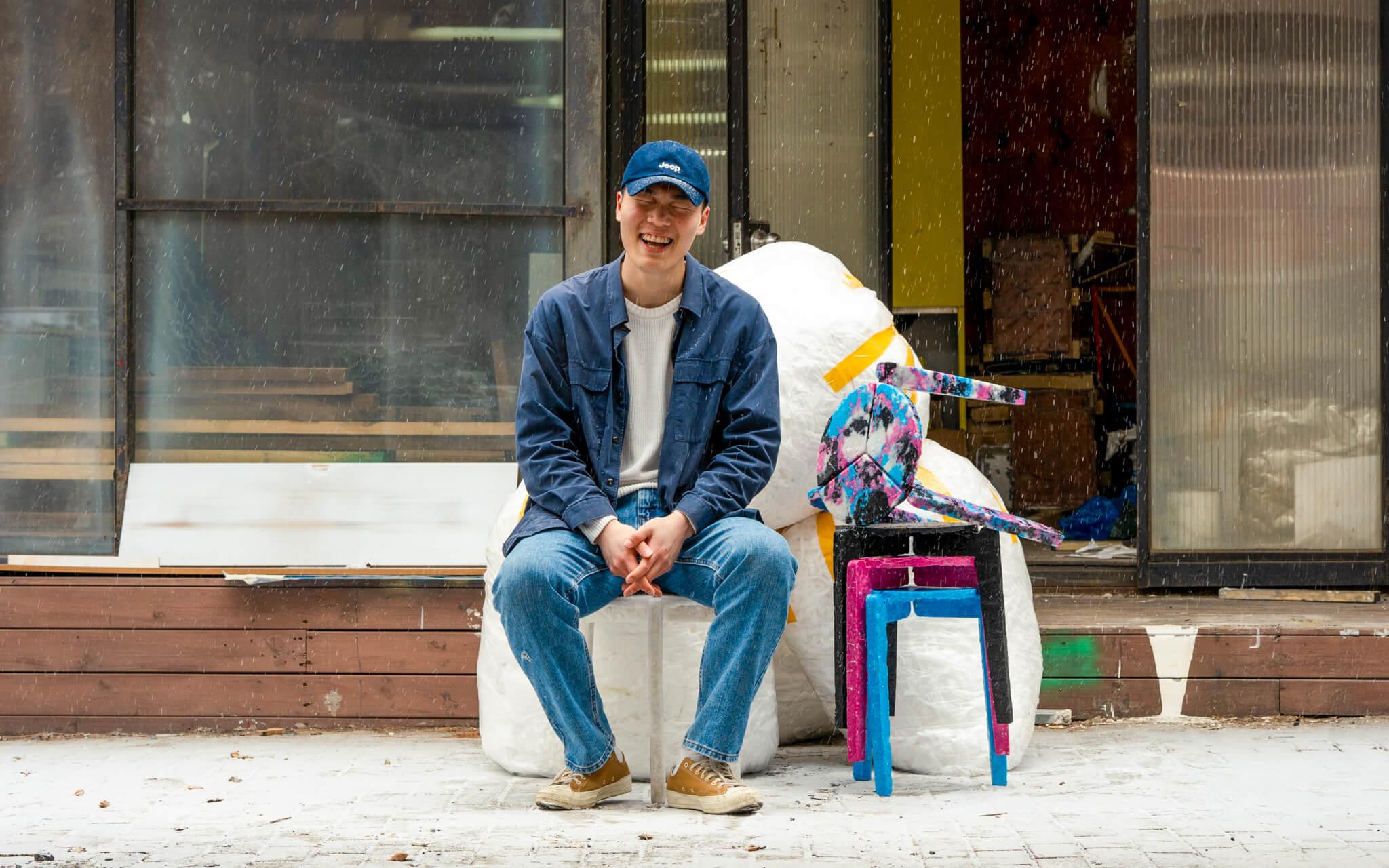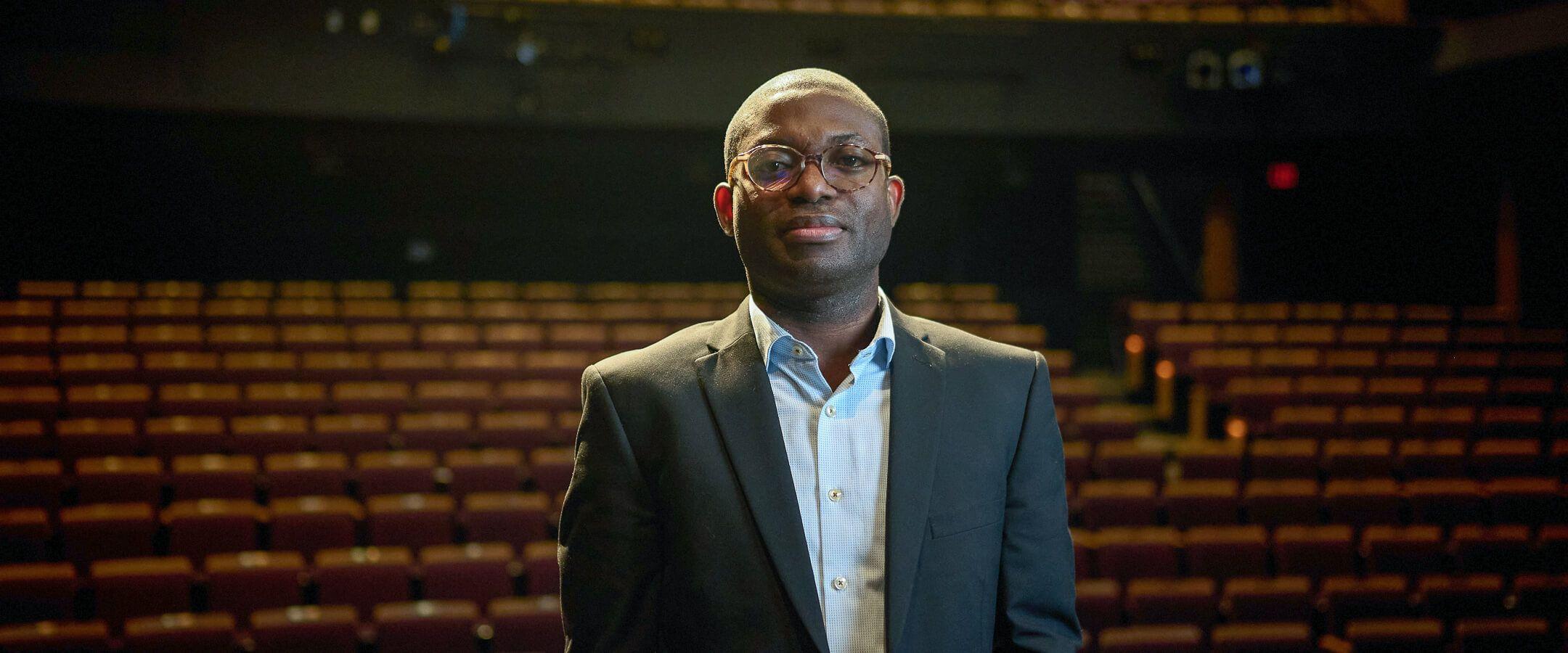Emphasising with the Islands
The lush islands of Hawaii stand proudly amid the world’s largest ocean. Ancient myths and legends are woven into the very fabric of the land, and now these islands face their greatest challenge – a fight to preserve their unique ecosystem amidst a changing world.
For over three decades, Pauline Sato, co-founder and executive director of the Malama Learning Center, has been a passionate advocate for Hawaii's environment. Her love for the land is as deep as the roots of the majestic Koa tree, a symbol of strength and resilience revered by the Hawaiian people. Although Pauline was born and raised on the island, she’s not Hawaiian, a point that she emphasises in our interview; however, as a Japanese American, finding a sense of community in the diversity of the Islands has always been important to her.
Pauline’s adoration and respect for this unique, isolated piece of the planet is palpable. “Here, nature is all around us," she reflects. "The mountains are green, the oceans are blue. It's magical." However, the beauty of Hawaii belied the dramatic effects it was experiencing; when she first embarked on her environmental journey, climate change was something that happened elsewhere in her mind.
“I didn't think anything in Hawaii needed saving because it just looked fine, and I wasn't educated about our native species here, which wasn't really part of our typical education system,” she says. “It's changed now. And I feel like I'm part of that. But it at the time, it was like, ‘We're good.’”
Through her work with the Malama Learning Center (MLC), Pauline is on the frontlines of conservation, fighting to save Hawaii's endangered species and educate the next generation of environmental stewards.
Founded in 2004, MLC runs hands-on programmes, community outreach, and native species restoration projects. Residents, both young and old, complete courses in edible and native species, prepare for green jobs and learn more about preserving Hawaii’s incredible biodiversity. But the Malama Learning Center isn’t just about learning extinction statistics and which plants are safe to eat; it’s also about crafting a connection with the incredible environment we inhabit.
“A huge part of our summer program is helping students understand empathy and how it's different from sympathy. It's not, ‘Oh, you poor thing, you're dying,’ but it's more like putting yourself in their shoes and trying to empathise with the environment.”
For example, The Malama Aina Field School takes dozens of young people into the environment for interactive, real-world experience cultivating and protecting native species. These projects focus on deepening the bond between the islands' residents, especially Native Hawaiians, and the sacred landscapes they call home. "If you live here, you have to take care of it," Pauline stresses. "I mean, it's your home, right? And so, what can you do to take care of it?"
And because it’s her home, Pauline’s has utilised her own extraordinary sense of empathy to become one of the islands' fiercest champions.
As Pauline explains it, ancestral storytelling brings a cultural value to the endemic flora and fauna of these islands. Hawaiian mythology describes characters innately connected to nature, from the lakes, volcanoes, flowers, oceans, and forests. Guardian spirits are intrinsically linked to the natural world.
"A lot of Hawaiian legends and chants and stories are connected to places, are connected to the plants, connected to the animals," Pauline explains. "And if those things no longer exist, then what's going to happen to the culture as well?"
If you live here, you have to take care of it.
The stakes could not be higher; the archipelago’s extreme isolation has meant that both native plant and animal species have evolved in almost complete isolation, with 90% found nowhere else in the world.
Tragically, 78% of America's recorded extinctions have occurred in this island paradise. "We're considered the extinction capital of the world," Pauline laments. "We have such high endemism, and many of our species are disappearing."
Climate change is accelerating the crisis as invasive species like mosquitoes, which transmit deadly avian malaria, push Hawaii's unique honeycreeper birds to the brink. "The mosquitoes have a much bigger range, and the bird range is just shrinking," Pauline shares, her voice heavy with sorrow. "It's really sad. I mean, we're watching extinction happen. We are seeing the last bird of this species."
“We’ve lost valuable time. I mean, we're talking months. It might not seem like a long time, but for these birds, it's a long time. They've cost the birds.”
One such critically endangered bird is the Akikiki, found only in a certain place on a single island. "I have a feeling, I think the last one is gone. I think it happened sometime this year," Pauline reveals, her words carrying the weight of an irreversible loss.
Faced with these immense challenges and devastating losses, Pauline remains strong and undeterred in her mission. Through the MLC's innovative programmes, she's nurturing a new generation of environmental champions. "That is rewarding," she says. "I think it's critical that if we're going to be working together as a community, we have to know how to treat each other and how to learn from each other."
For Pauline, engaging the community, particularly the youth, is the key to long-term change. "If we don't engage the communities, somebody else is going to take care of this place. And that never really works in the long run."
As she looks to the future, Pauline is focused on ensuring the MLC's vital work continues beyond her tenure. "My real goal is to make sure that succession is in place. What we're doing must continue."
“If things become extinct on our watch, who is to blame? We all need to do something.”
Most Popular
The Climate Tribe delivers stories about Biodiversity and Conservation, Circular Economy, Food and Water , and how they intersect with climate.
Subscribe
Get the latest stories inspiring climate action around the globe straight to your inbox.






